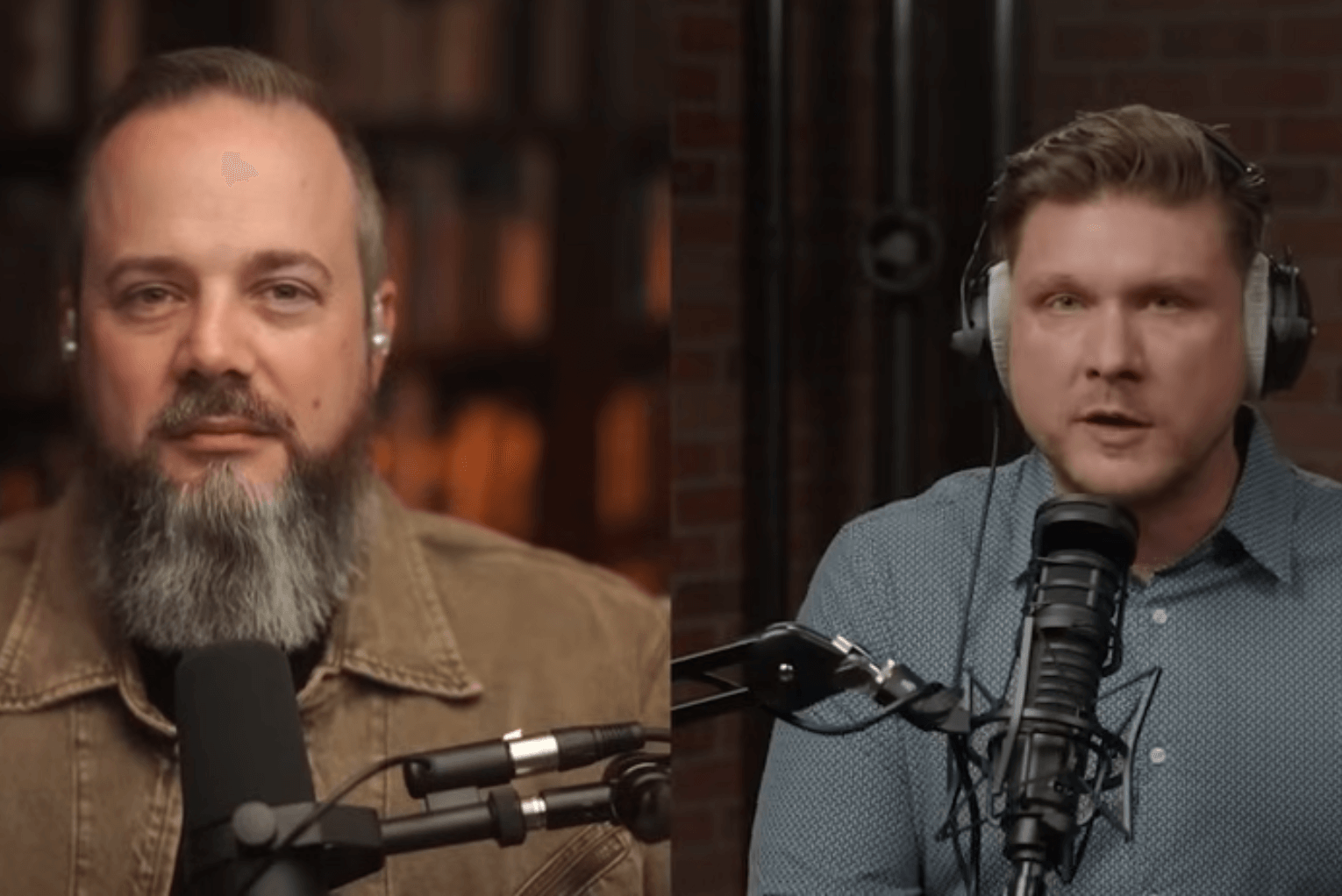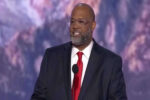Is cessationism heresy? This is the question Bishop Alan DiDio and Daniel Kolenda have set out to answer in a recent podcast episode of Encounter Today.
Christians have debated back and forth for years about whether or not the gifts of the Holy Spirit have ceased to exist in our modern world. For charismatics and Pentecostals, the same gifts of tongues, prophecy, teaching and more are just as relevant today as they were when the Holy Spirit came upon the followers of Jesus after His ascension to heaven.
Breaking News. Spirit-Filled Stories. Subscribe to Charisma on YouTube now!
However, there are plenty of Christians who disagree with this belief, clinging to the idea that these gifts left after the disciples passed away. Reviewing the “Cessationist” movie trailer, DiDio and Kolenda look at the philosophy and theology behind the cessationist movement.
“I get a kick out of the unscriptural attempts they [cessationists] make at delegitimizing the charismatic movement and I think it’s about time that we equip the body of Christ with answers to these fallacious accusations,” DiDio says.
Something Daniel Kolenda points out is that charismatics are not the enemy of cessationists, even in the disagreement.
“I love them, and I’m jealous for them to experience the moving of the Holy Spirit,” Kolenda says. “Now some these cessationist teacher guys I don’t have a whole lot of appreciation for because I feel like they’re robbing the ordinary people of something so precious and something Jesus died for His children to experience.”
Kolenda explains that there is no biblical support for us to believe that the gifts of the spirit have ceased to exist in our world today.
“There’s no good argument in Scripture, there’s no good argument in church history,” Kolenda says.
So, the question stands: Is cessationism heretical?
Kolenda says much of the cessationist viewpoint is connected to a secular mindset and can end up being deism, which he says goes beyond heresy. While this is not necessarily the mindset of many cessationists, Kolenda says that hardline, complete cessationism is indeed still heretical.
“That is very heretical. I think that it basically denies the supernatural. It’s anti-supernaturalist, and there is no version of Christianity that denies the supernatural because if the supernatural is not real, none of this is real,” Kolenda says.
However, Kolenda notes that for many cessationists, there is a belief in miracles in Scripture and even the ability for God to still perform them today. It is the core of cessationism as being abhorrent against the miraculous as a whole that Kolenda says is rooted in an antichrist spirit.
“There is no justification for cessationist doctrine,” Kolenda says. “Of all debates going on today between Bible-believing Christians, I think it’s the most obvious one to decide which is right and which is wrong…They literally do not have a single proof text that they can turn to to justify their doctrine,” Kolenda says.
Just as Scripture uses prophetic voices and miracles from the beginning to the end, let us not forget that Jesus Christ is the same yesterday, today and forever. If He is the same God who used the miraculous then, He can use the miraculous now. His nature has not changed, who God is has not changed and what He can do has not changed. The same Spirit that rose Jesus from the dead is still working in our world today.
Join Charisma Magazine Online to follow everything the Holy Spirit is doing around the world!
Abby Trivett is a marketing copywriter and coordinator for Charisma Media.





